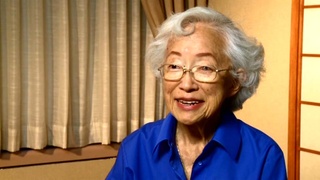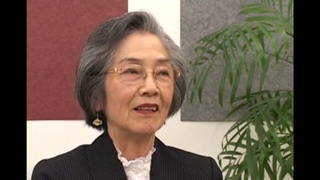Interviews
Integrating As First-Generation Japanese-Peruvian (Japanese)
(Japanese) Well, this is extremely…From my perspective as a Japanese person, this is extremely difficult. I’m a so-called first-generation (Issei) Japanese-Peruvian. In other words, I’m living here now. However, the position of an Issei is very…it’s not very clear. It’s not the Japanese flag, and it’s not the Peruvian flag.
But the Japanese-Peruvian community here is an interesting one. Truth be told, we’re really Japanese. People like me. So among the Japanese-Peruvians here, there are people who are actually not Japanese-Peruvian.
Particularly in the Japanese-Peruvian media, when second- or third-generation Japanese-Peruvians are working hard to succeed at something, I think there probably is, of course, support for them, with a sense of “Good luck” or “Well done”. For us first-generation folks, maybe we don’t get as much recognition because perhaps there’s a sense that, of course, we were going to do what we did, and besides, we’re Japanese. So in that way, we first-generation people may find ourselves in kind of a vague, ambiguous position.
Date: April 18, 2007
Location: Lima, Peru
Interviewer: Ann Kaneko
Contributed by: Watase Media Arts Center, Japanese American National Museum









